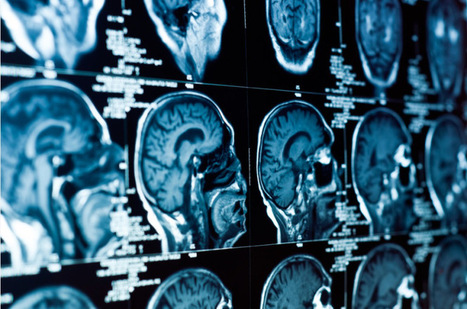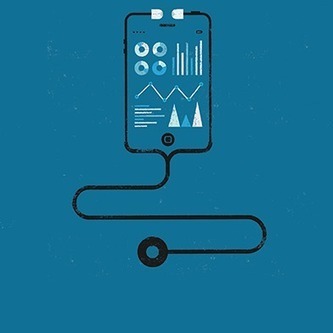The face of medical care is rapidly changing thanks to major advancements in the capture, proliferation, and analysis of medical data. Technologies like the electronic health records (EHRs) and personal health records (PHRs) are drastically improving the way data is aggregated and shared.
Now the hope is that big data analytics will help to make sense of seemingly endless streams of medical information.
As many doctors are painfully aware, outcome-oriented care is no longer a buzzword but a reality. The Center for Medicare and Medicaid Services has started to implement a program where payments are based on the ability of providers to meet key National Quality Strategy Domains (e.g. care criteria). Public payers are testing this new methodology, and private payers are expected to soon follow.
These big data analytics applications can also be relevant for the FDA, which may want to see how drugs perform in a non-test environment to ensure the appropriate patient populations are receiving the drug. I also expect pharmaceutical companies to actively scour this data to track drug efficacy post-release or identify markets that could “benefit” from increased penetration.
I am eager to see how the data evolution improves outcomes for doctors and patients.
Via nrip, Richard Platt



 Your new post is loading...
Your new post is loading...











